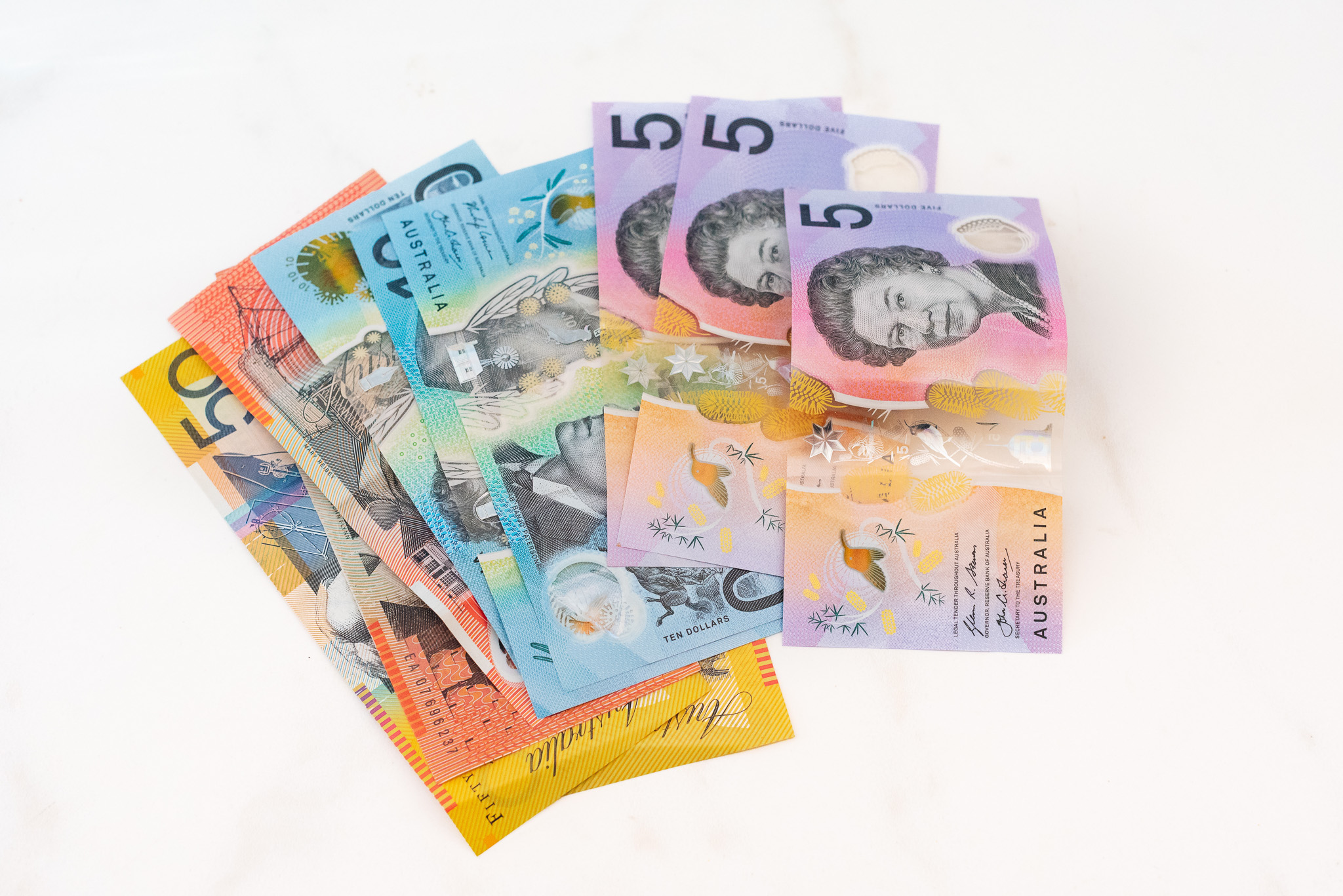
Conor O’Neill | Fall 2023
So you’ve done the research and picked your dream study abroad spot, but the prep work isn’t over yet. Money matters a lot, so get ahead by planning your finances!
My name is Conor O’Neill, and I am in the Exchange Program in Sydney, Australia, at Macquarie University. Planning my finances at first looked like a daunting task, and I was unsure of where to begin. After reading helpful tips online, I realized the first step was figuring out what my main expenses were going to be. The VolsAbroad portal offers a great starting point for planning and lists the expenses for your study abroad. In the costs section, when looking at prospective programs, you can find a budget sheet with a list of expenses. Some of the items can be a little hard to plan for, such as meals, personal expenses, and personal transportation, especially if you are going to be gone for a semester. Estimating these will vary on a country-by-country basis depending on how much you will be eating out. I recommend focusing on the largest expenses first to establish a baseline.
Housing
Sometimes the university provides housing, but depending on when you apply, you may not be able to get a spot. I was unable to get university housing, so I am staying at a private provider near campus for 330 AUD a week. Researching housing is important to do early on because you can find better apartments using rental sites. The place I am staying has a lot of problems, so I regret not doing more research into other housing options.
Flights
You will have lots of flexibility when traveling to your study abroad country depending on your program. When looking for flights, hit up Skyscanner and Kayak to nab cheaper options.
Pro tip: Use Kayak’s student version by searching “Kayak Student” on Google, as there might be college student discounts. If you have flexible travel dates, you can also set up alerts on Skyscanner to tell you when the cheapest flights come up. A word of caution: don’t always jump at the cheapest flight; they might suggest a plan where it is impossible to make your next flight.
Another tip would be to stick with one airline if possible because if there are any changes that aren’t your fault, they will make sure you get to your destination. I learned this lesson after a messy multi-airline booking that left me rebooking flights midair after my first flight was rerouted due to weather, and I ended up 4 hours away from where my next flight was supposed to be! Travel insurance can sometimes negate this risk; however, make sure to read the fine print thoroughly, because mine did not.
If your return plans are fuzzy or you want to travel before or after, consider booking one-way flights instead of a round trip. It might seem pricier at first, but when you factor in the proximity to other destinations and travel costs from home, it can even out or be cheaper. I didn’t do the standard Knoxville-to-Sydney round-trip and opted for one-way flights through Dublin and Bangkok. This allowed me to explore more countries along the way and gave me a flexible return date. On the way home, I have booked one-way flights through Seoul and Tokyo so I can see countries that are in close proximity to my exchange country.
The best thing to do is check the prices for all the different options and decide what is best for you. Google Flights also offers a map that shows the prices for different destinations, so that can be a helpful resource if you are not sure where you would like to go before or after. Remember, this method needs advance planning, so get those travel calendars ready!
Excursions
I would recommend making a list of things you want to do when studying abroad but holding off on booking until you have arrived. You will inevitably meet people on your study abroad and want to go on trips with them. Giving yourself a budget for how much you want to spend is important. I budgeted $1500 for excursions, and I am planning on scuba diving in the Great Barrier Reef and traveling to New Zealand.
Scholarships
All these expenses can seem overwhelming, but keep in mind that UT offers loads of scholarships! If you’re in the Haslam College of Business like me and are planning on doing an exchange program, you get $1,000 just for participating. I also applied for the Haslam Undergraduate Study Abroad Scholarship, which provided me with another $500. If you are interested in creating written or videoed content, consider applying to the CGE Influencers & Storytellers Scholarship, which will give you another $1000. All these scholarships can help make studying abroad a lot more affordable! And remember, there are more scholarships out there; just head to the Programs Abroad page and chat with an advisor. You can also check out the Programs Abroad funding page here.
Lastly, I would also recommend working a part-time job before or during your study abroad so you have as much money as possible to do everything that is available to you. I worked at Olive Garden before I left, and I am currently working at Aldi in Sydney. Working abroad will depend on your visa. With my student visa in Australia, I am able to work 48 hours every two weeks.